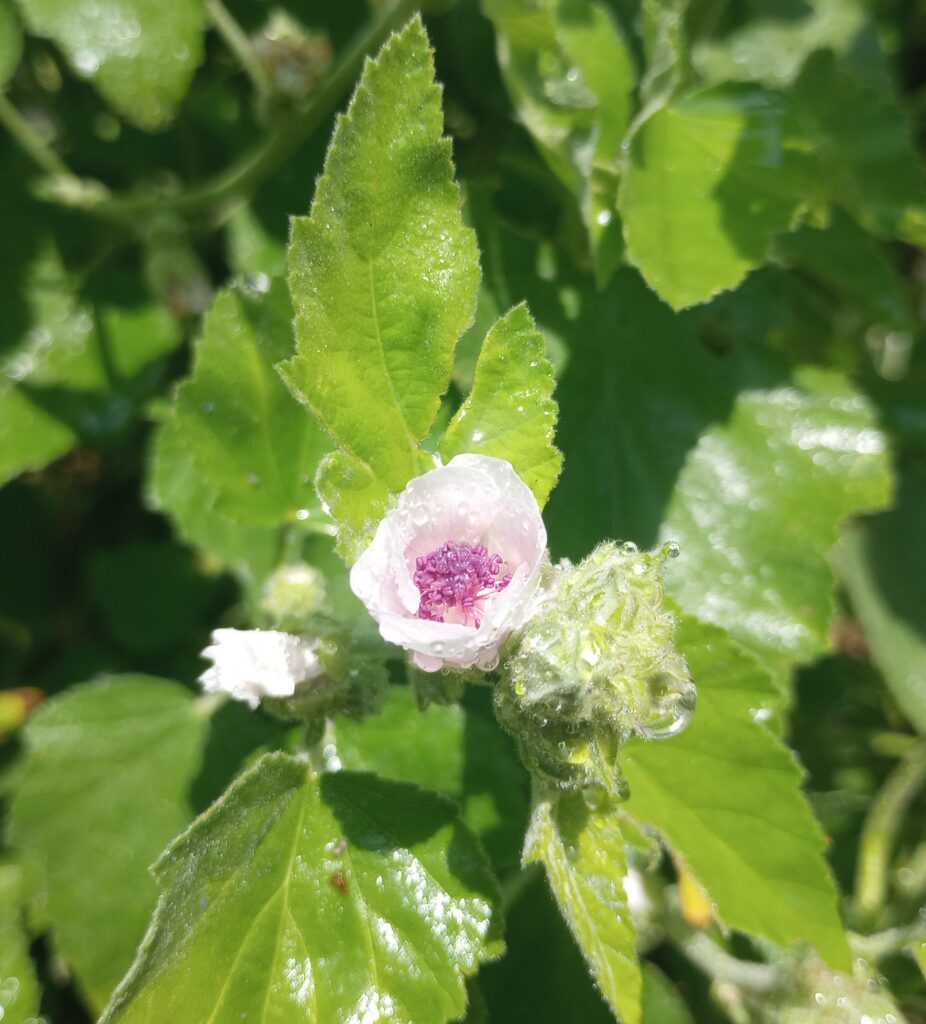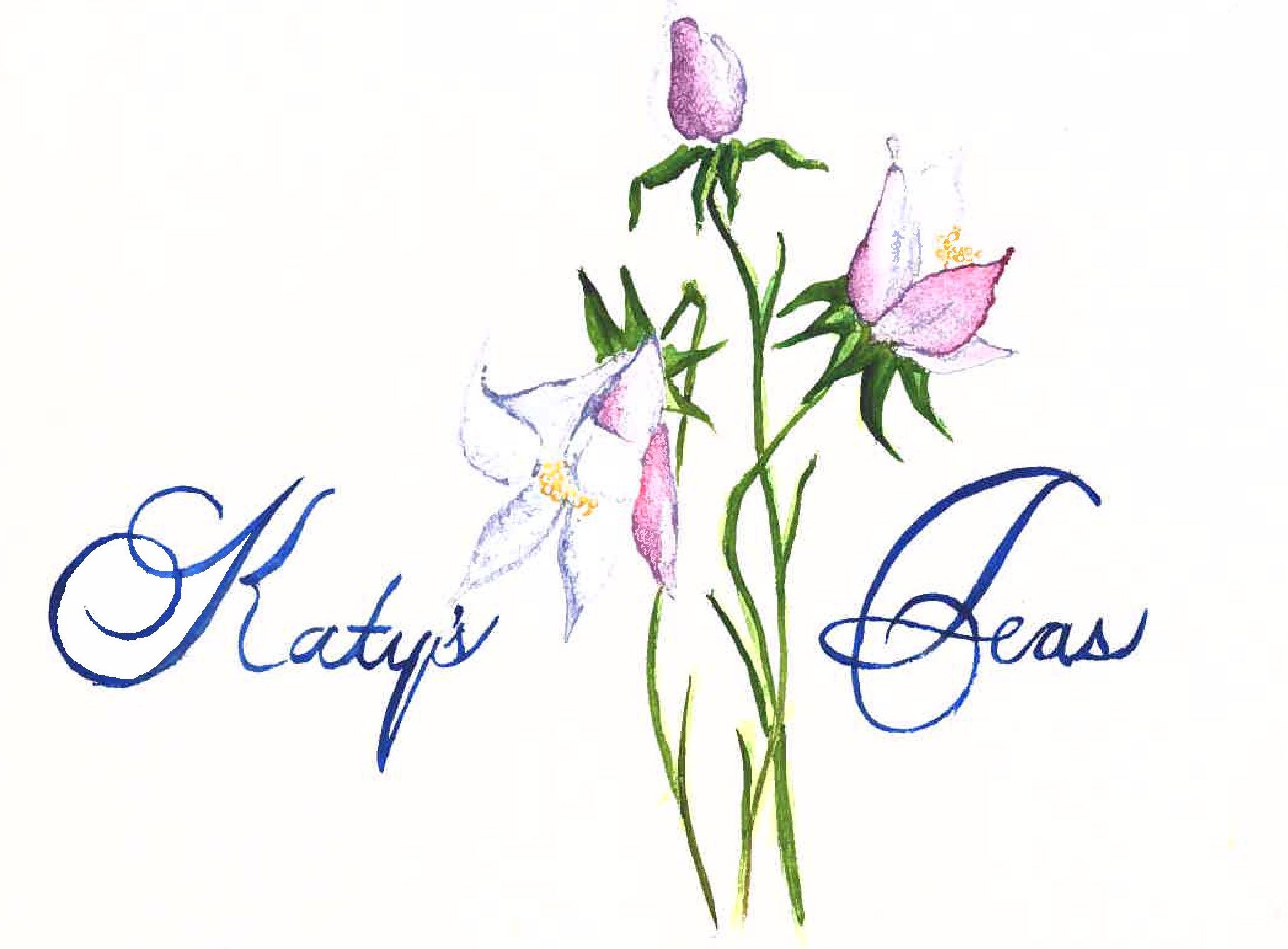Why Drink Herbal Teas?
“In the nectar, there is an answer.” ~ Regina Spektor
Herbal teas are a simple way to ingest nutrients from plants and herbs–without bringing lots of vegetables into your diet. Herbs are nutrient-dense plants containing essential vitamins, minerals, and antioxidants, many of which are water soluble. When you drink herbal teas, you are nourishing your body with compounds that support overall health and nutrition. The longer the steep, the higher the nutritional content.
Herbal teas come with minimal safety risks since food herbs are meant to be consumed. (However, individual allergies or contraindications with medications must be considered.)
In addition to nutritional benefits, herbal teas are an easy way to practice self-care. Making a cup of tea for yourself or a loved one is a universal signal of love. What’s more relaxing than blowing steam off of freshly-brewed tea?
The trouble with store-bought teas
Even expensive, high-end herbal teas have risks. Unless your tea is labeled “organic,” you are drinking pesticides and other chemical desiccants along with your tea.
Because store-bought teas have a long shelf-life, the herbs are likely several years old when you buy them. Moreover, highly-processed herbs lack the nutritional density of those that are recently-dried and minimally-processed. The finer the herbs are crushed, the more rapidly they begin losing potency.
Check the ingredients in your teas, and you may notice terms like “natural flavors.” While we assume these are purely natural, in fact, “natural flavors” are chemically-derived agents. While the original material must be derived from plants or animals, these undergo significant chemical processing that requires the addition of chemical additives.
Finally, consider the composition of the tea bags. Do they contain plastic sealants? Are they mesh, a new feature of many high-end tea brands, and therefore made of plastic? If made of paper, were they bleached? When you pour boiling water over these types of teabags, micro-plastics and other chemicals are likely being released into your teas.
The difference with Katy’s Teas
Katy’s Teas are made largely from home-grown, chemical-free herbs. In some cases, organically-sourced ingredients are added to complement a blend. However, I endeavor to source these as locally as possible.
Katy’s Teas are sold without tea bags, so you can customize each cup based on your desired flavor. For a stronger blend, add a little more loose tea and/or steep a few minutes longer. For a medicinal dose, you can leave the herbs steeping overnight.
While you certainly can place the herbs in a tea bag, tea ball, or other herbal infuser, you can also just brew them in a pot of water and strain after you’ve steeped. According to herbalist Heidi Villegas, giving the herbs the space to bloom will yield an infusion with the greatest potency of nutritional compounds. However you steep, be sure to cover your cup or pot to keep volatile oils from escaping with the steam.

